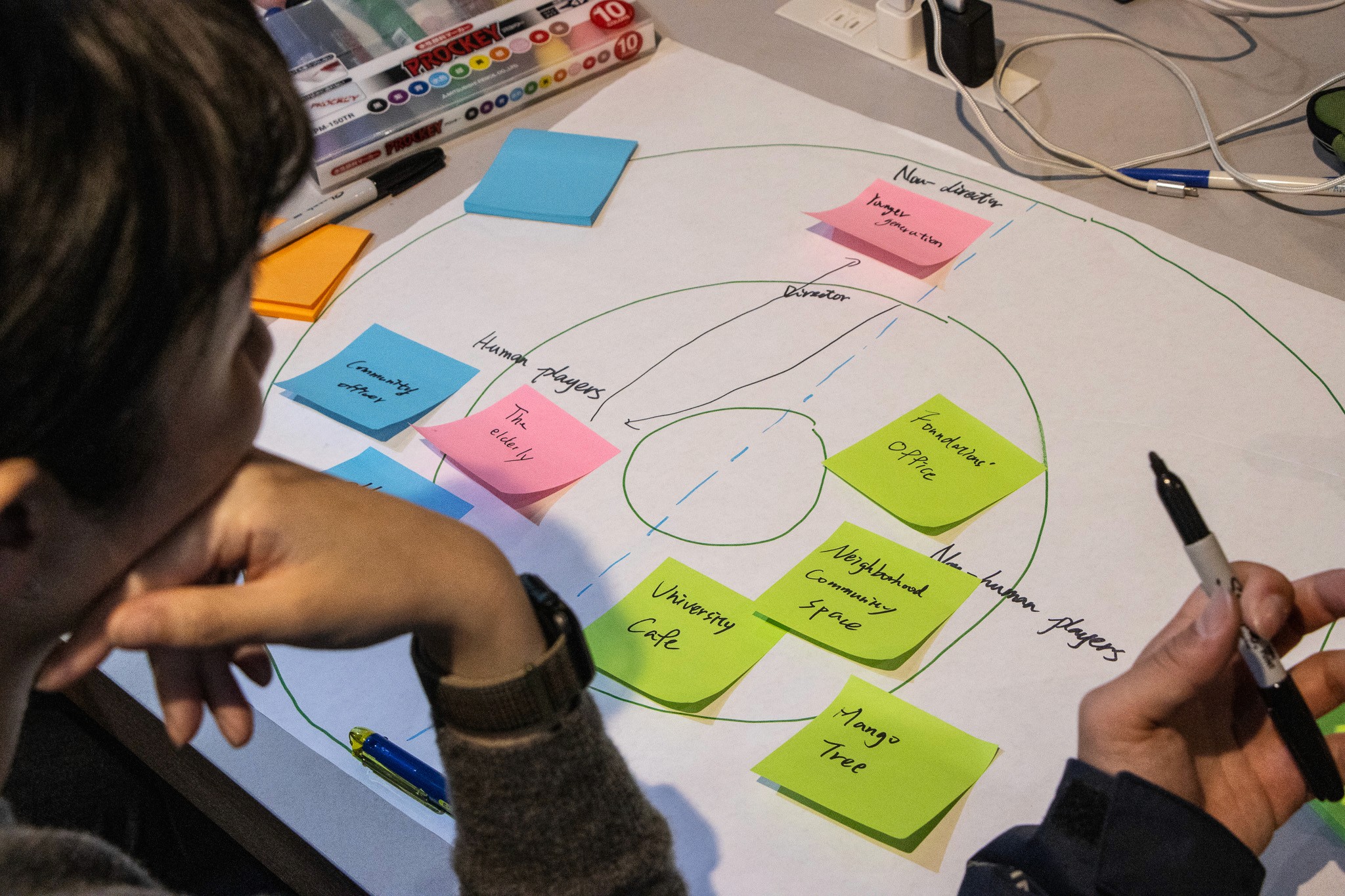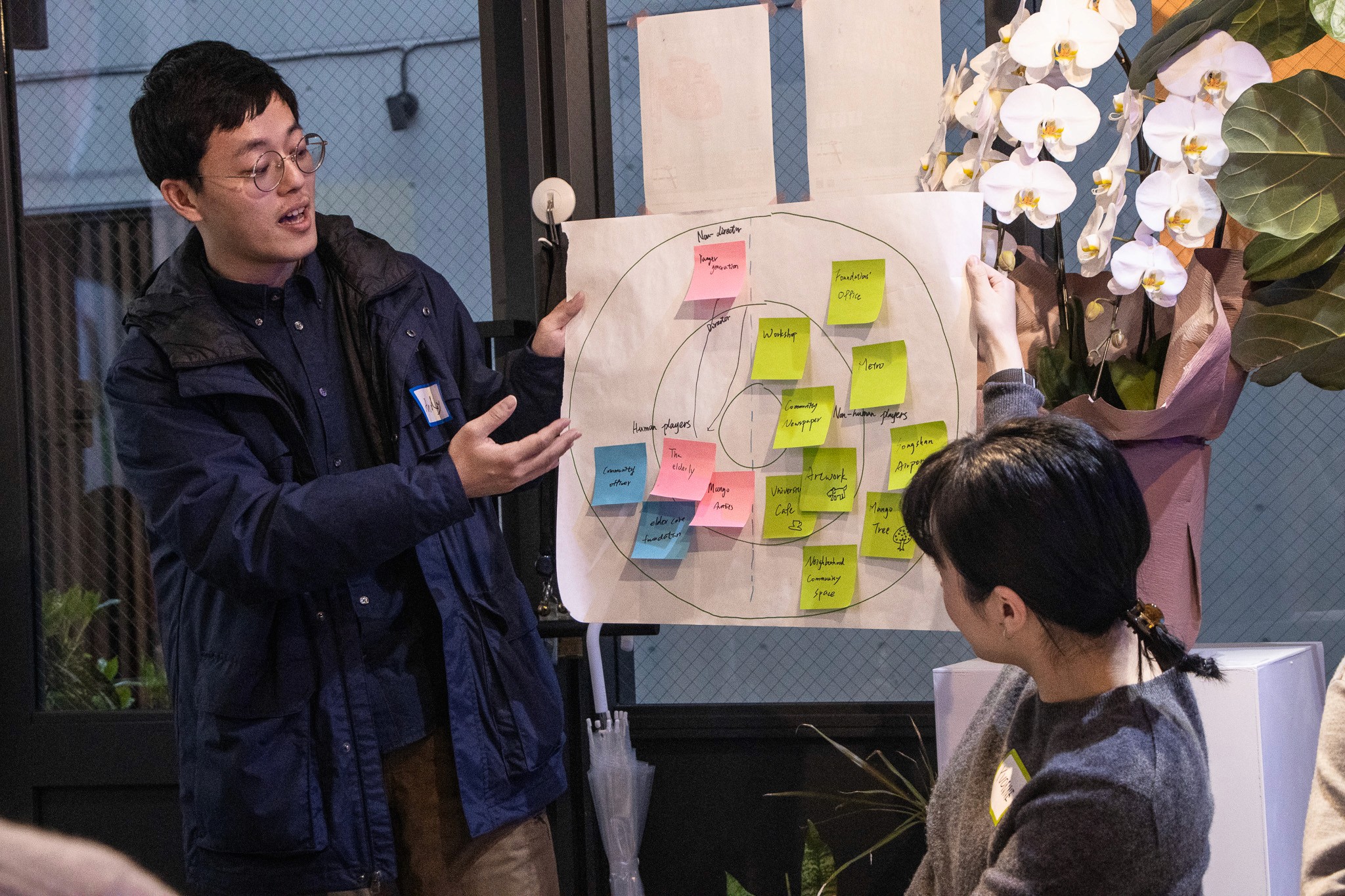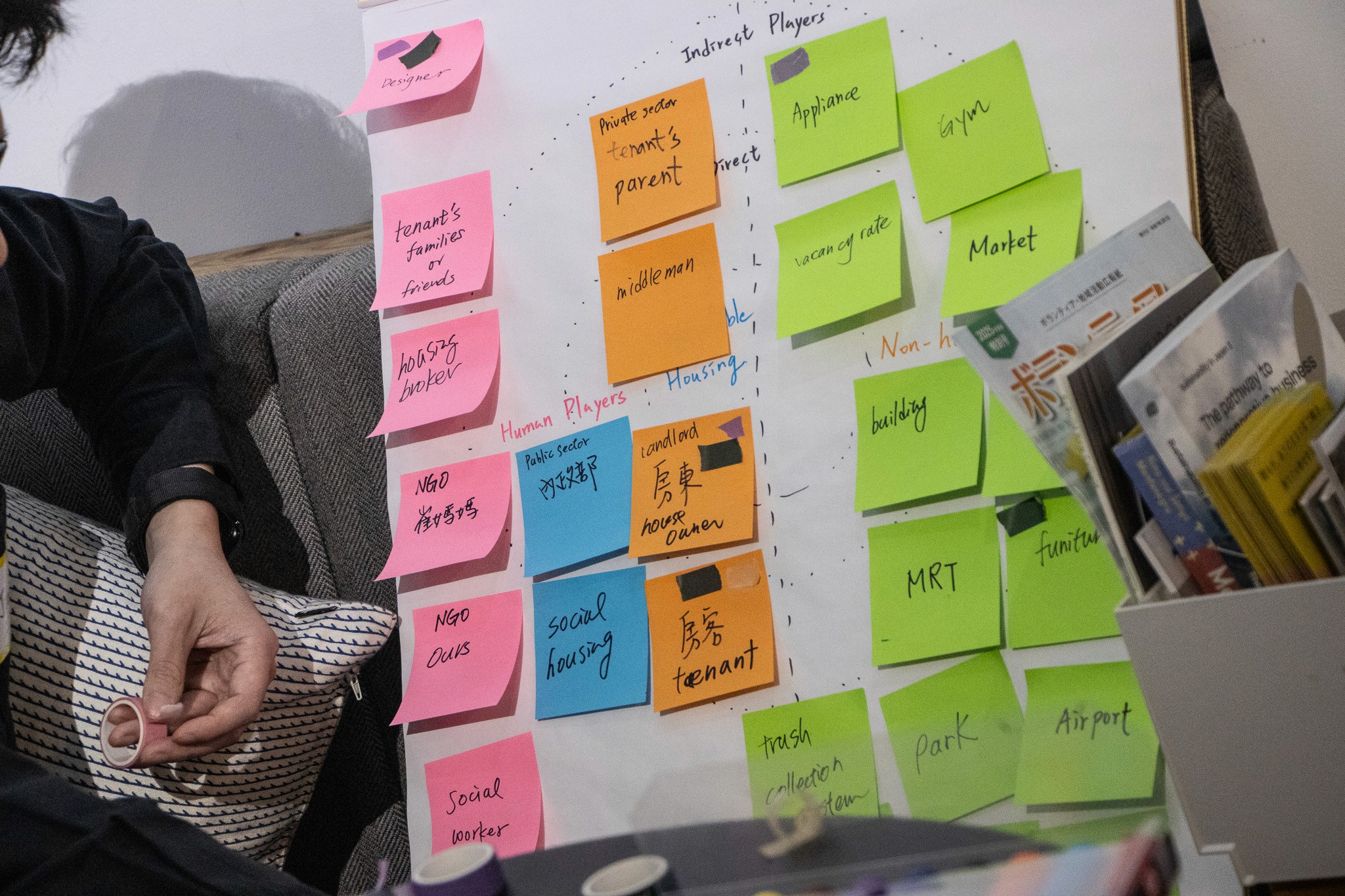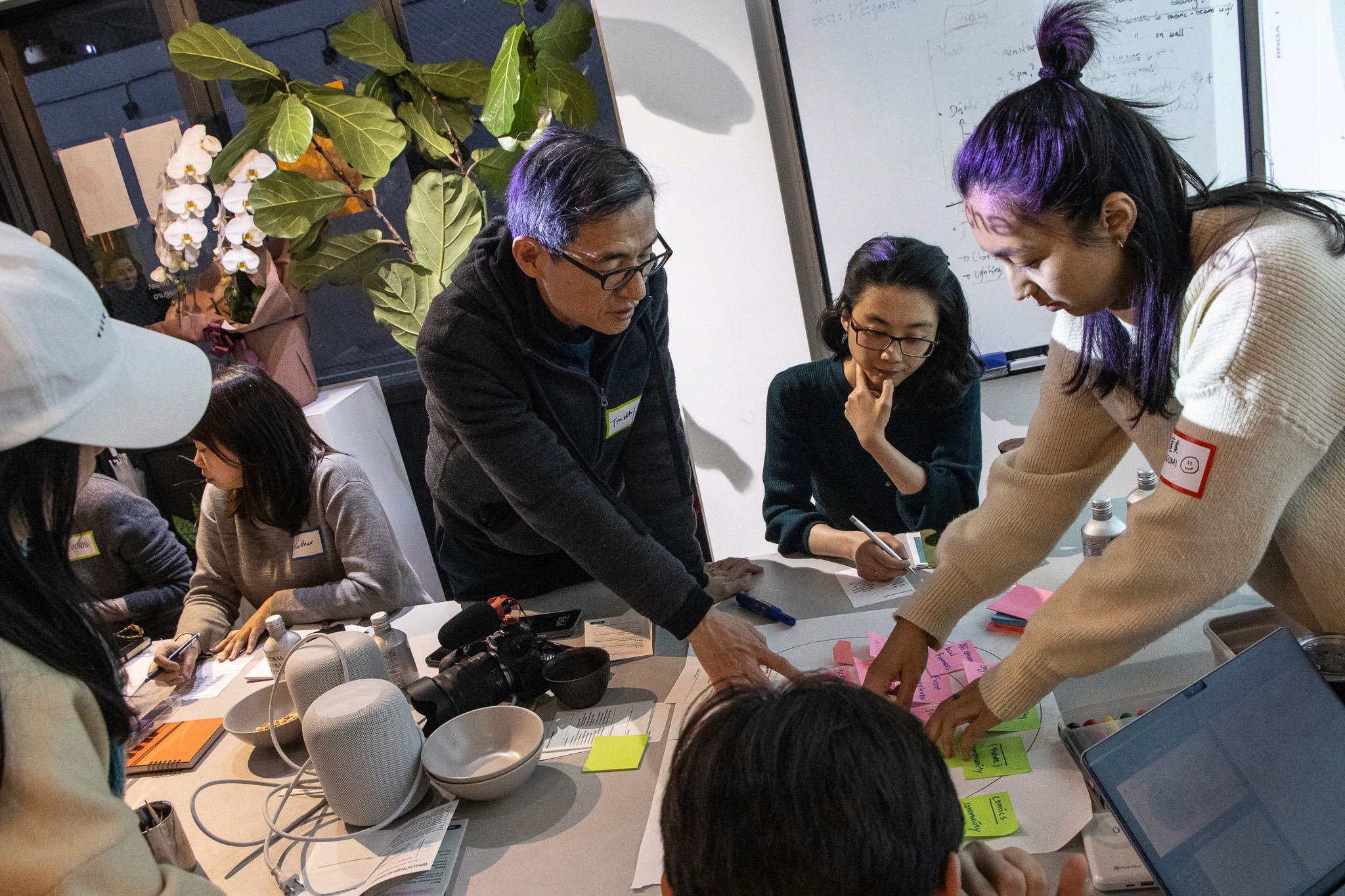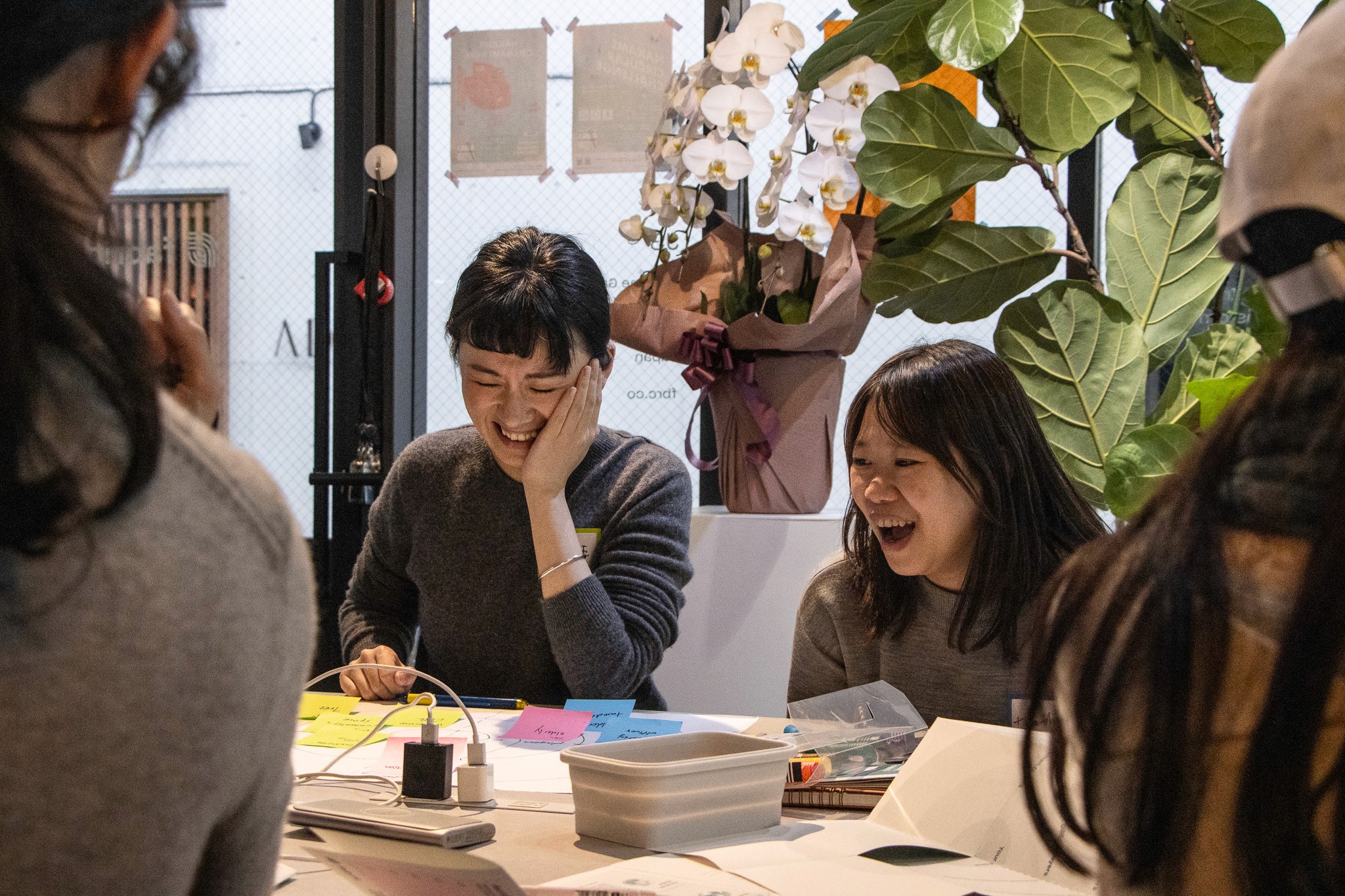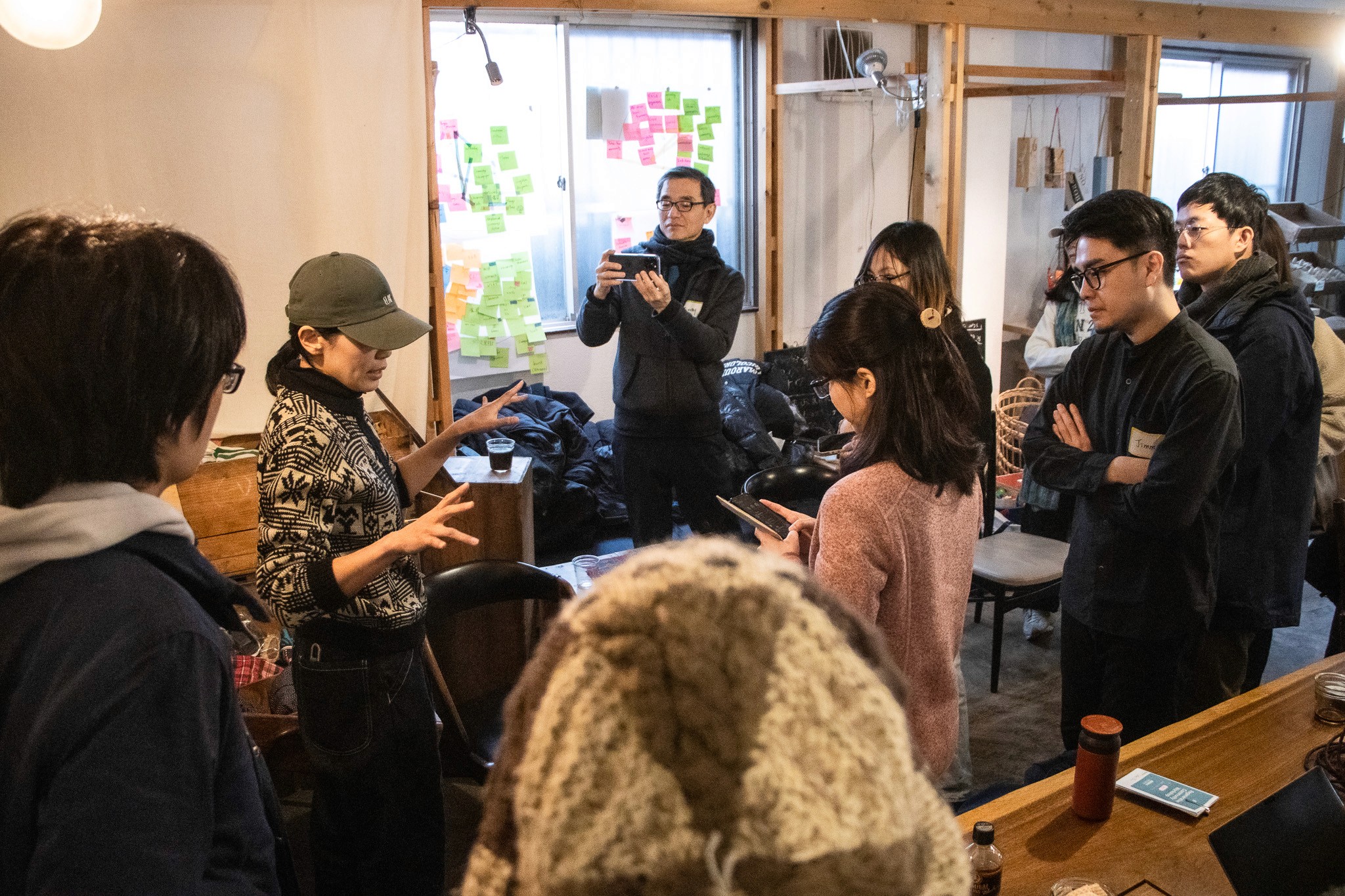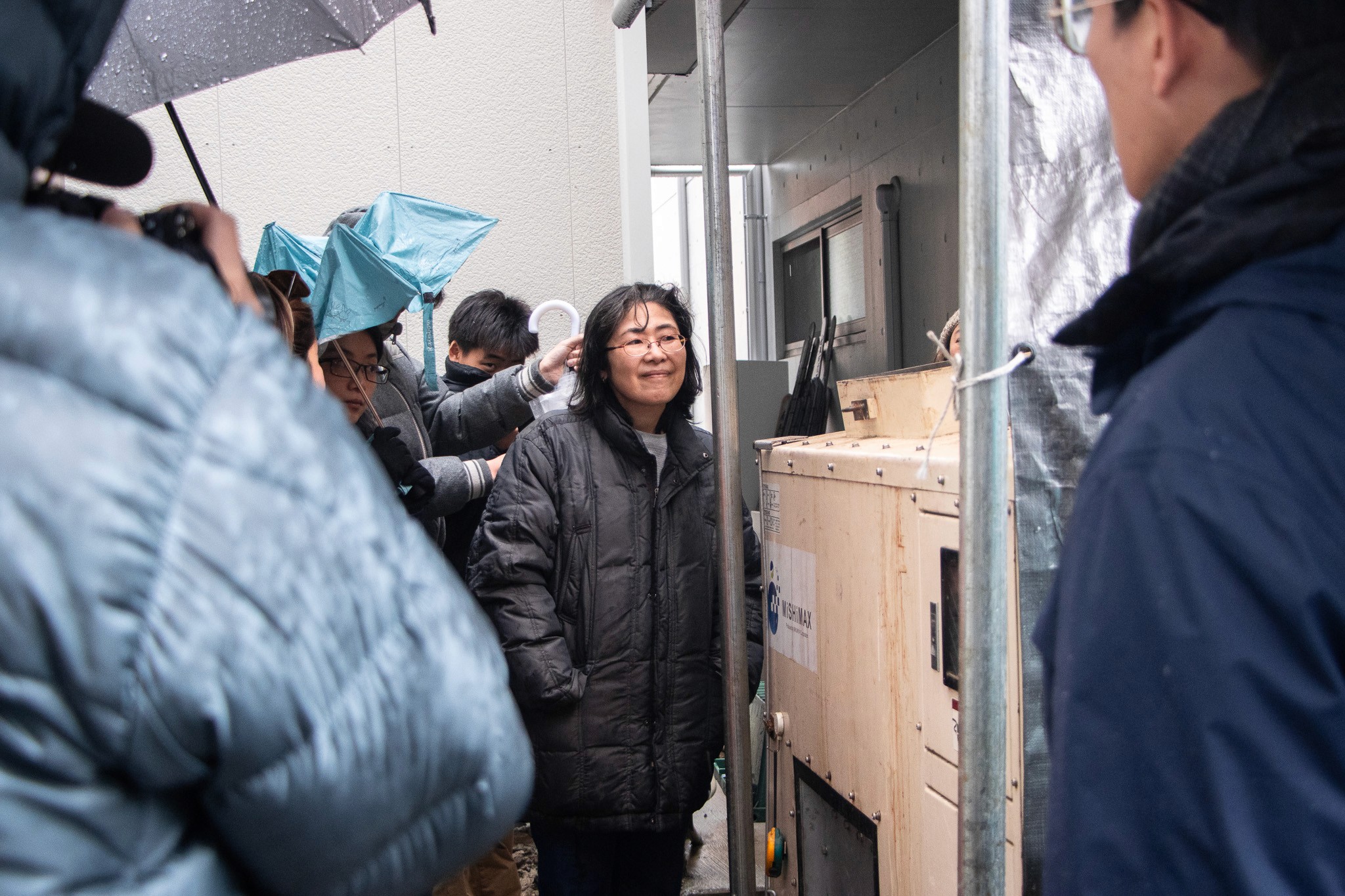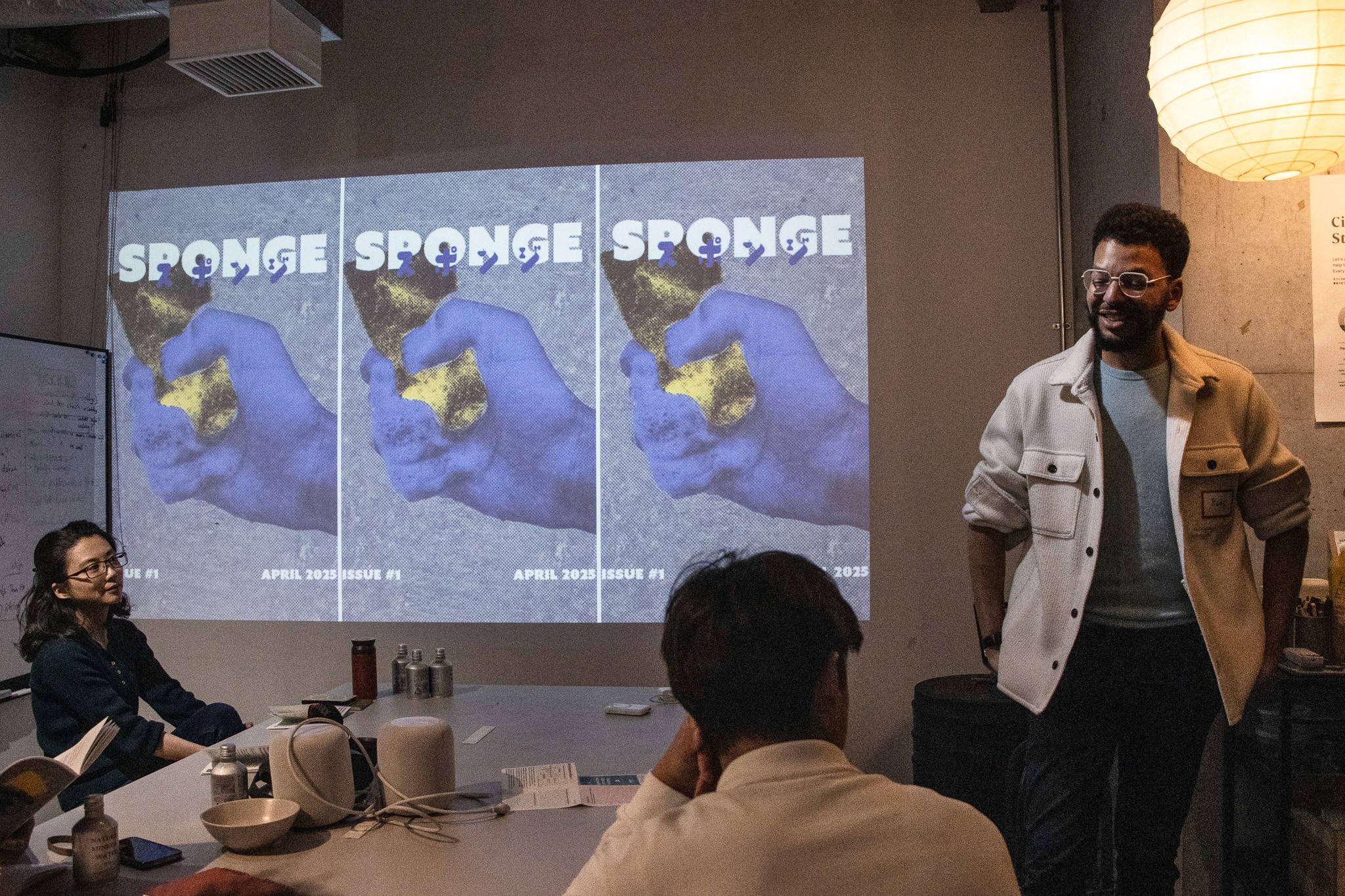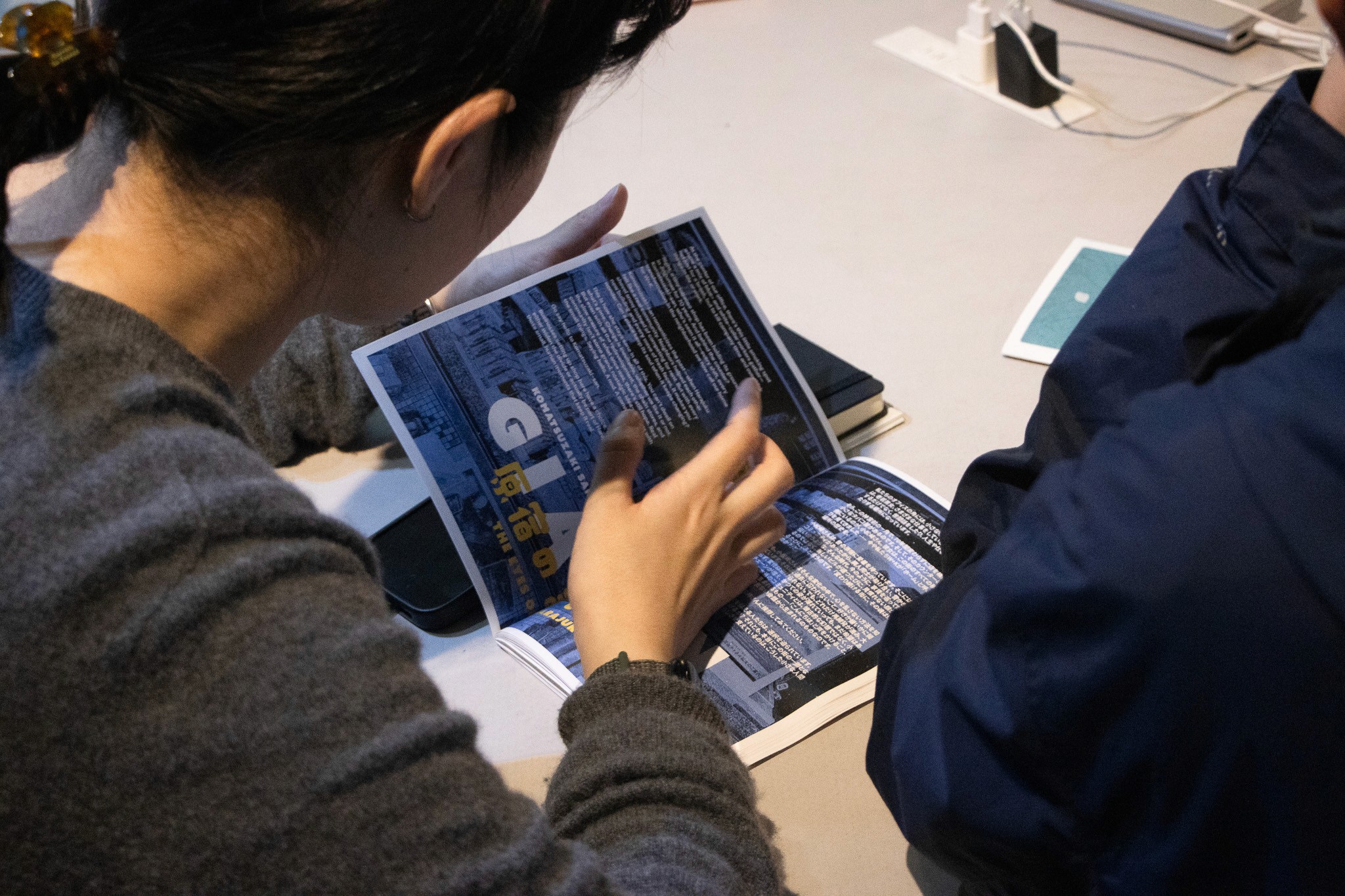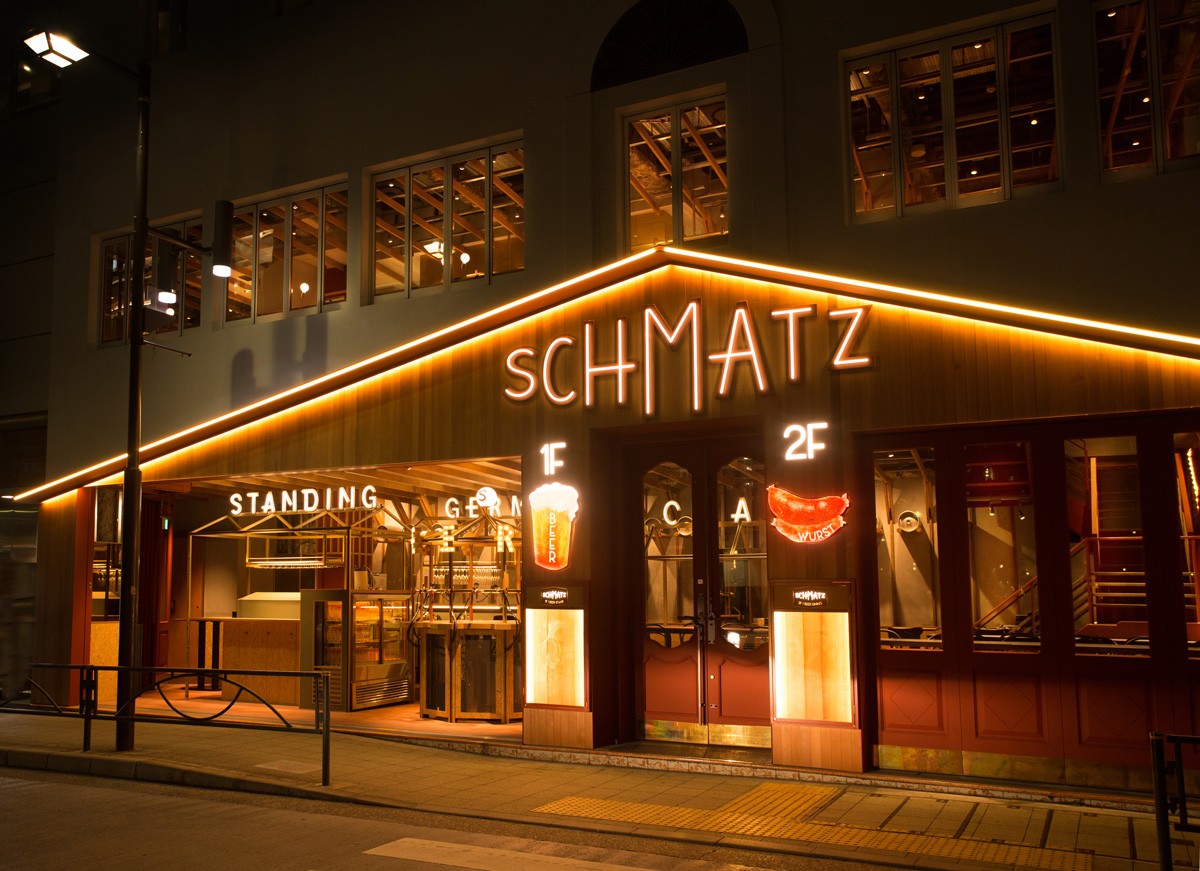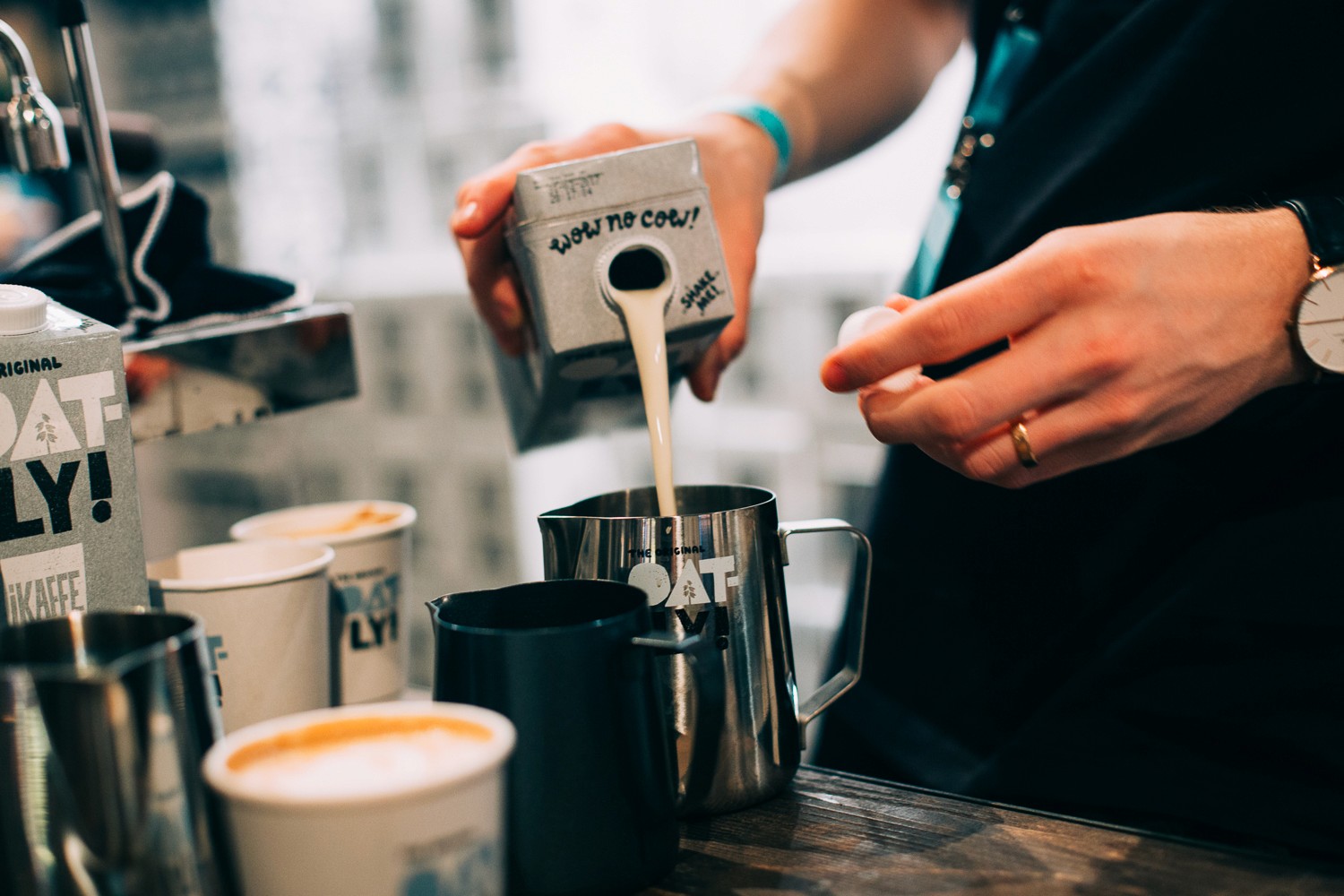Believe in Next Generation Association (BNGA)
Believe in Next Generation Association (BNGA)
Designing experiences to explore regenerative community in Tokyo
Designing experiences
to explore regenerative community in Tokyo
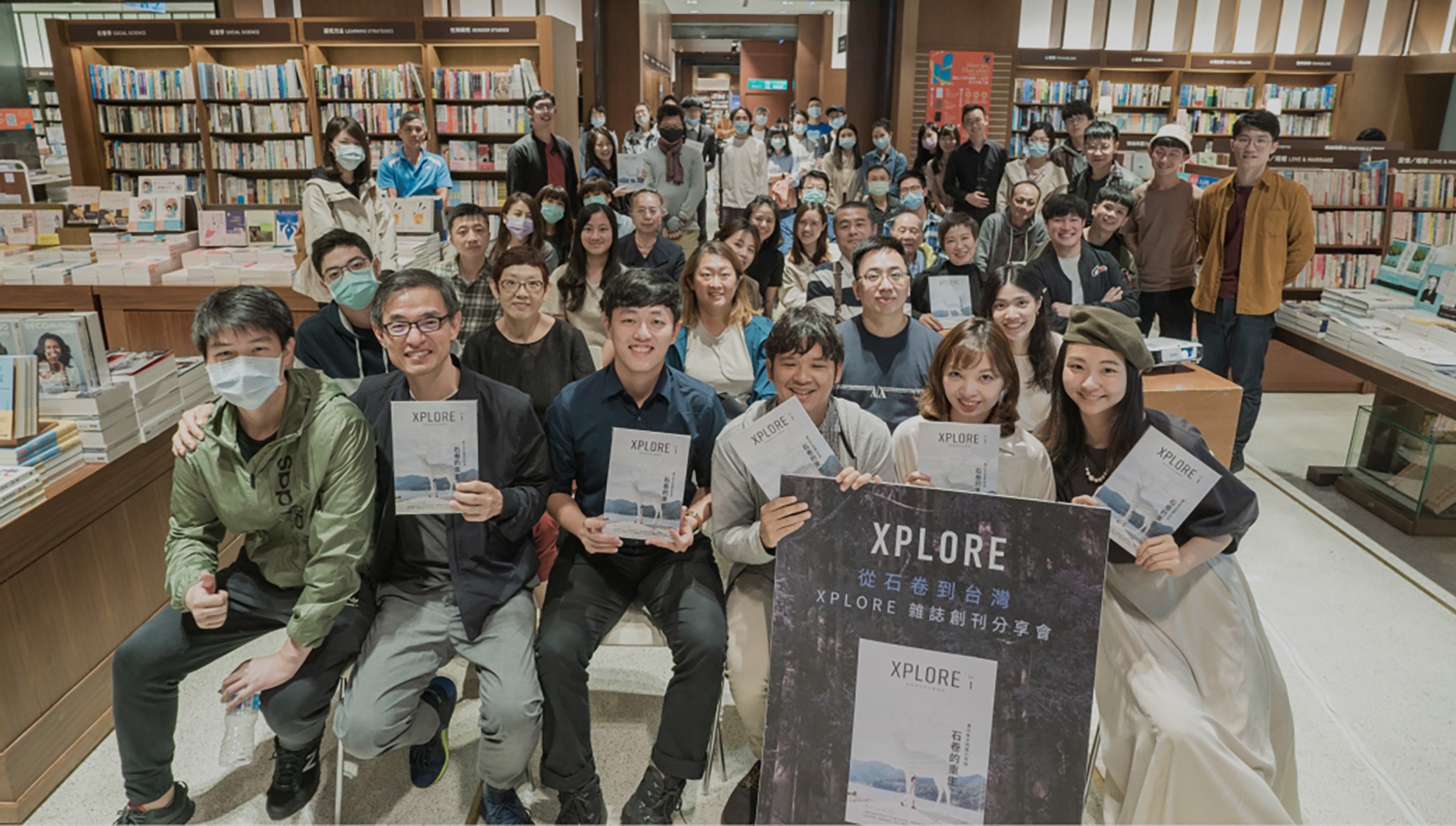

Challenge
Believe in Next Generation are a cross-generational non-profit organisation in Taiwan who invest in future societal changemakers from across profit and non-profit sectors, and support their growth and development.
Believe in Next Generation are a cross-generational non-profit organisation in Taiwan who invest in future societal changemakers from across profit and non-profit sectors, and support their growth and development.
Believe in Next Generation Association (BNGA) are committed to building community around shared values in Taipei, Taiwan, and are increasingly emphasising sustainability in their activities, from ESG study groups to affordable housing initiatives. Regenerative community and regenerative design are topics that are new to the organisation and its members, but leaders saw synergy between the concepts and BNGA’s vision for cross-generational learning and community activation, and were looking for ways to deepen their community’s understanding around regeneration.
BNGA tapped Fabric to design and facilitate a crash course in regenerative thinking and practical application using Fabric's own work in Nakameguro and that of their partners around Tokyo.
Believe in Next Generation Association (BNGA) are committed to building community around shared values in Taipei, Taiwan, and are increasingly emphasising sustainability in their activities, from ESG study groups to affordable housing initiatives. Regenerative community and regenerative design are topics that are new to the organisation and its members, but leaders saw synergy between the concepts and BNGA’s vision for cross-generational learning and community activation, and were looking for ways to deepen their community’s understanding around regeneration.
BNGA tapped Fabric to design and facilitate a crash course in regenerative thinking and practical application using Fabric's own work in Nakameguro and that of their partners around Tokyo.
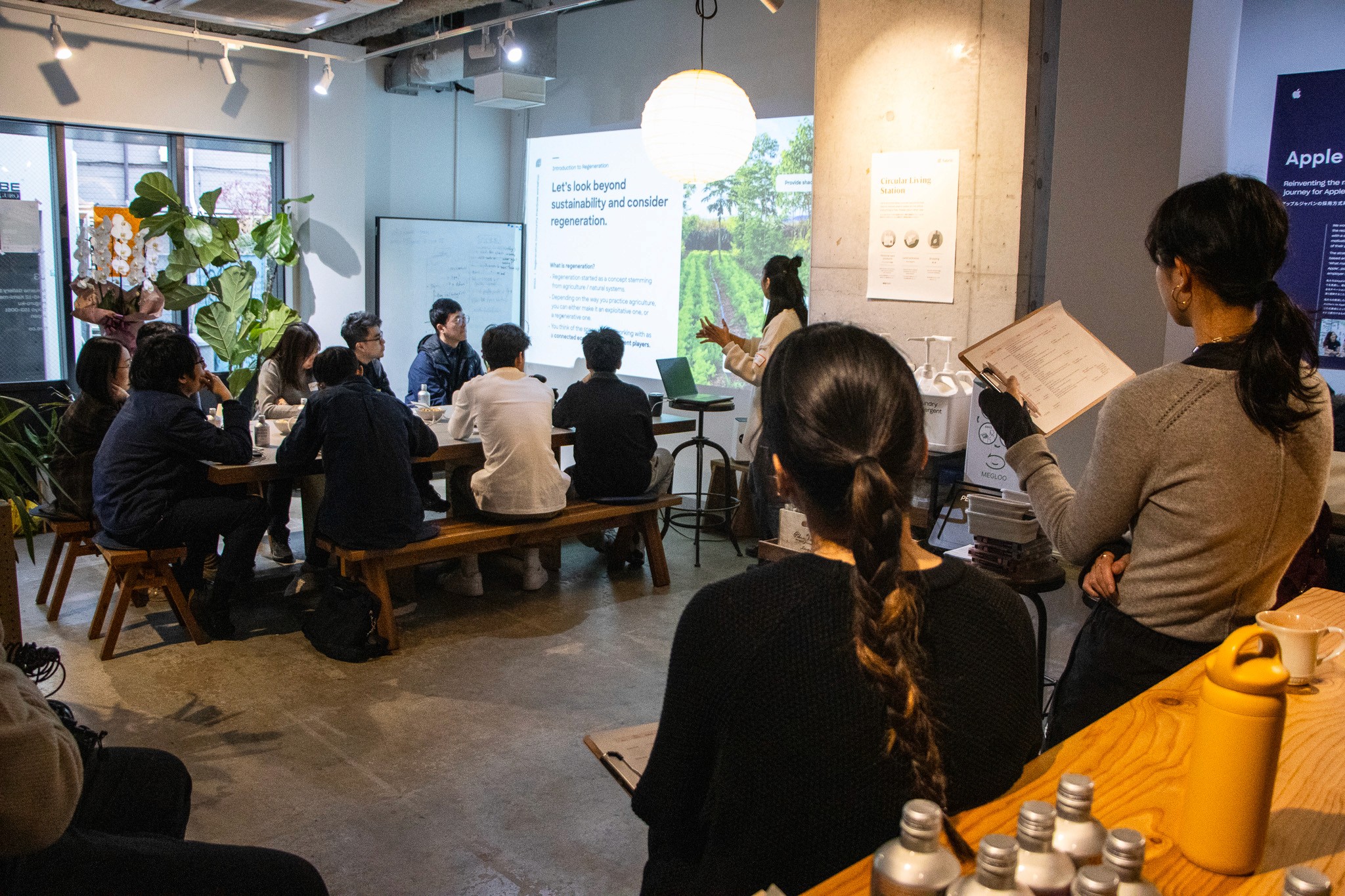
Approach
We designed a two-day facilitated workshop and study tour in Tokyo to equip participants with knowledge and skills in regenerative practice that can be embedded in careers, communities,
and everyday life.
We designed a two-day facilitated workshop and study tour in Tokyo to equip participants with knowledge and skills in regenerative practice that can
be embedded in careers, communities, and everyday life.
We designed a two-day facilitated workshop and study tour in Tokyo to equip participants with knowledge and skills in regenerative practice that can be embedded in careers, communities,
and everyday life.
14 cross-generational participants from Taipei joined workshop sessions that explored the definition of regeneration through business and community organisation case studies.
The experience was split with a place-based focus on the Nakameguro (through Fabric) and Kuramae (through partners ELAB and Kuramae Model) neighbourhoods.
14 cross-generational participants from Taipei joined workshop sessions that explored the definition of regeneration through business and community organisation case studies.
The experience was split with a place-based focus on the Nakameguro (through Fabric) and Kuramae (through partners ELAB and Kuramae Model) neighbourhoods.
Our approach included:
Online orientation workshop: Orienting participants around key themes prior to their arrival in Tokyo through interactive, Miro-based activities
Regeneration study: Defining regeneration in relation to sustainability and circularity, in the context of business practices and community-building, and through case studies and role play
Ecosystem mapping: Exploring the BNGA community through the lens of human and non-human actants, connecting the dots to imagine opportunities for collaboration toward regenerative futures
Partner presentations and tours: Curating experiences with partners
ELAB and Kuramae Model for hands-on experiences of their regenerative activitiesRegenerative workshop design: Embedding regenerative practices through workshop design, such as plastic-free local catering, and environmentally-friendly risograph printing
Our approach included:
Online orientation workshop: Orienting participants around key themes prior to their arrival in Tokyo through interactive, Miro-based activities
Regeneration study: Defining regeneration in relation to sustainability and circularity, in the context of business practices and community-building, and through case studies and role play
Ecosystem mapping: Exploring the BNGA community through the lens of human and non-human actants, connecting the dots to imagine opportunities for collaboration toward regenerative futures
Partner presentations and tours: Curating experiences with partners
ELAB and Kuramae Model for hands-on experiences of their regenerative activitiesRegenerative workshop design: Embedding regenerative practices through workshop design, such as plastic-free local catering, and environmentally-friendly risograph printing
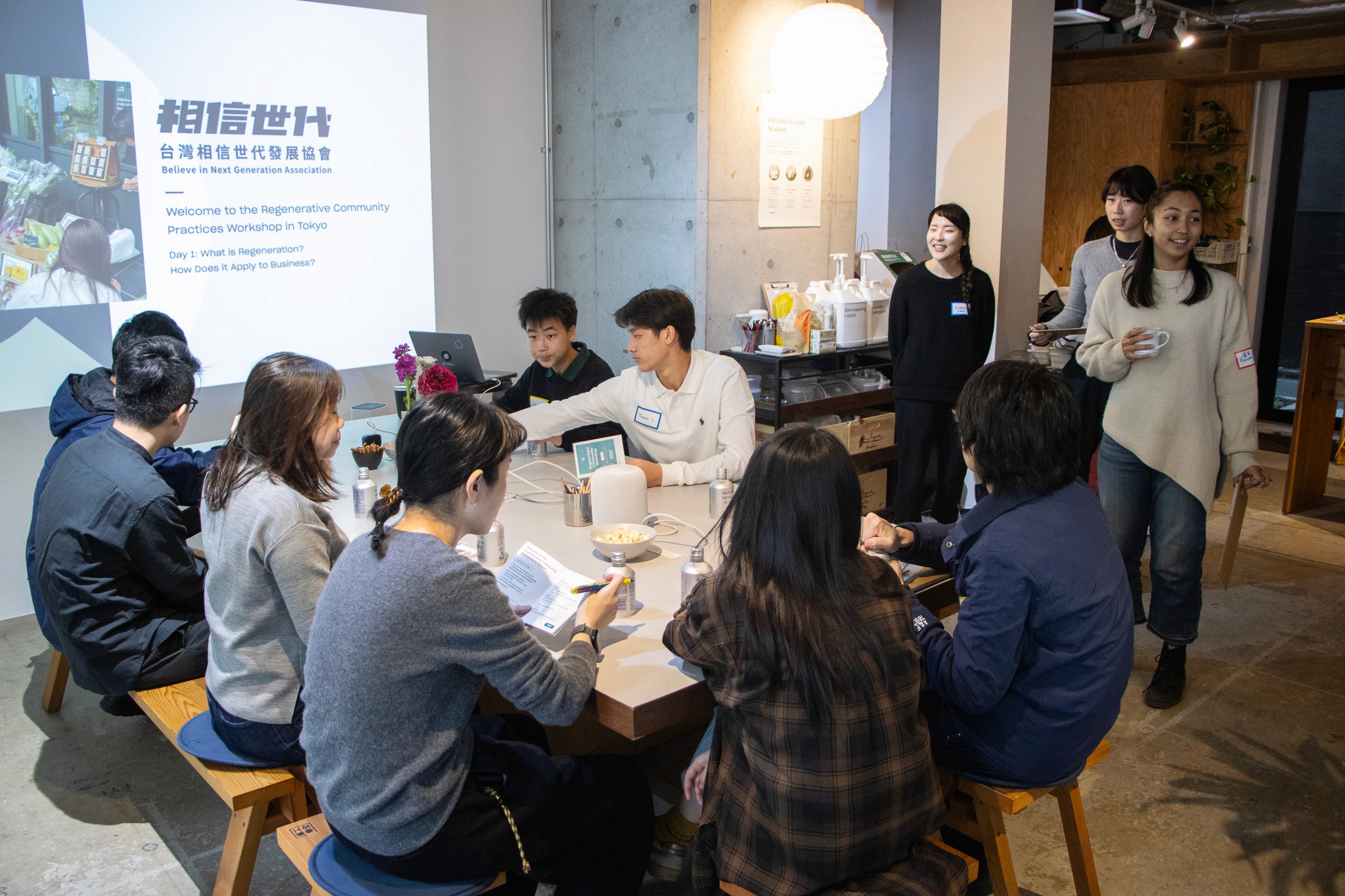
Workshop booklet
Workshop booklet
With the objective of using risograph printing, we designed a simple workshop booklet for participants to utilise during their stay in Tokyo. The booklet was designed so that it could be folded with just one slit cut through the center - thus eliminating the need for glue or other binding.
With the objective of using risograph printing, we designed a simple workshop booklet for participants to utilise during their stay in Tokyo. The booklet was designed so that it could be folded with just one slit cut through the center - thus eliminating the need for glue or other binding.
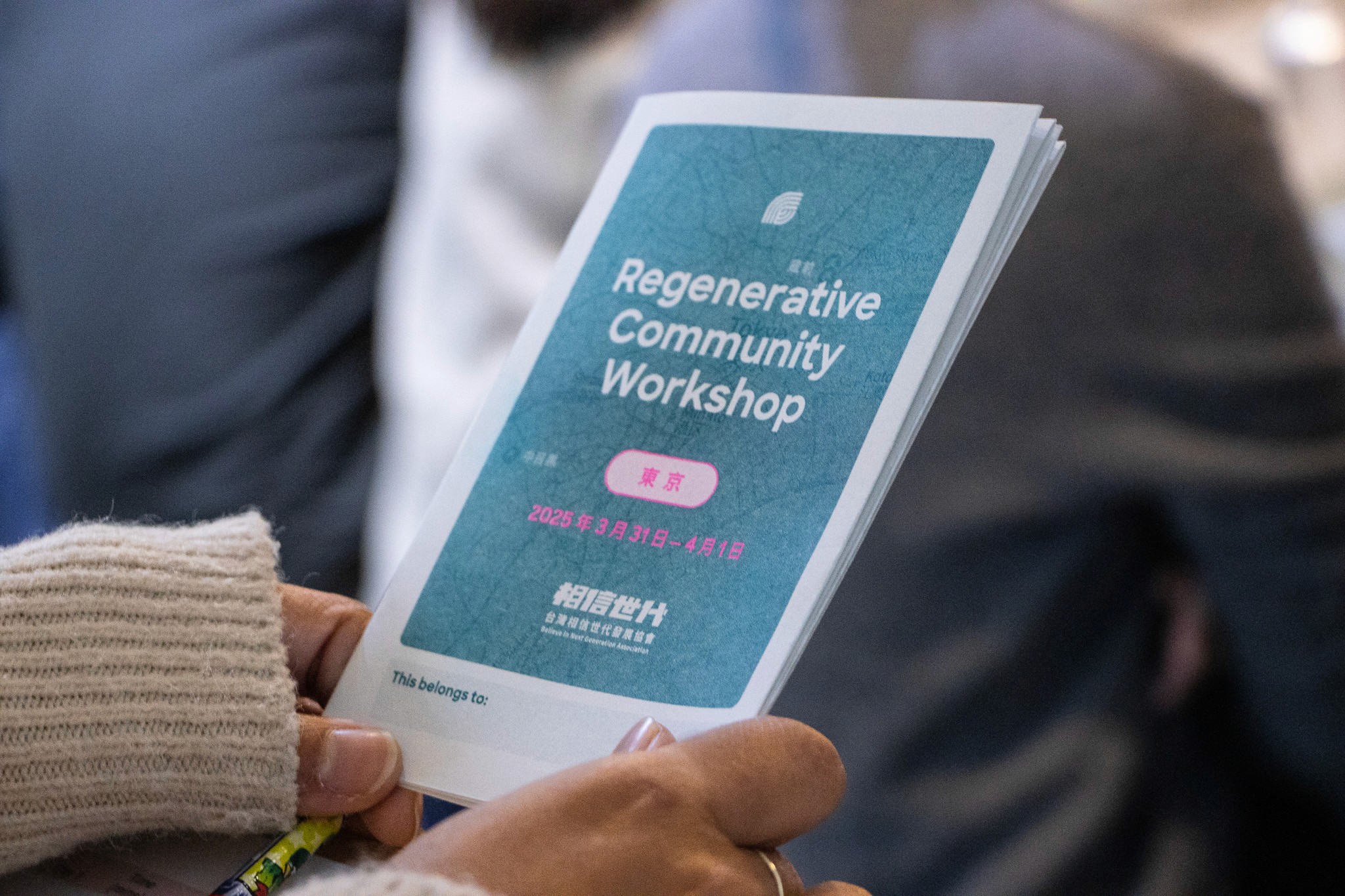


Ecosystem mapping
Participants formed small teams around key BNGA activities to ideate “out of the box” regenerative activities, such as a zero waste market that could focus on themes central to community members’ interests (such as comic books, electronics, and fashion).
Participants formed small teams around key BNGA activities to ideate “out of the box” regenerative activities, such as a zero waste market that could focus on themes central to community members’ interests (such as comic books, electronics, and fashion).
Regeneration around Tokyo
Our partners ELAB and Kuramae Model shared about their activities in Kuramae, focusing on regenerative product development as well as social impact. Wieden+Kennedy Tokyo’s strategy team also shared about their zine project in Harajuku, focusing on the connections being built with local shop owners.
Our partners ELAB and Kuramae Model shared about their activities in Kuramae, focusing on regenerative product development as well as social impact. Wieden+Kennedy Tokyo’s strategy team also shared about their zine project in Harajuku, focusing on the connections being built with local shop owners.
Outcomes
Participants are now equipped with regenerative thinking principles and practices, and the confidence to apply them in their careers, with the support of a committed peer group.
Participants are now equipped with regenerative thinking principles and practices, and the confidence to apply them in their careers, with the support of a committed peer group.
Through the ecosystem mapping exercise, 12 concrete connection ideas were defined by participants for BNGA to consider executing in the near future. Participants were also deeply inspired on a personal level, and encouraged to adopt circular living practices, apply regenerative thinking in their workplaces, explore existing regenerative activities in Taiwan, and get involved in turning their ecosystem mapping ideas into reality with BNGA.
With the positive feedback from participants, BNGA leadership are now more confident in aligning their organisation’s mission and activities even further with regeneration, and plan to continue embedding regenerative principles in cross-generational engagement in Taipei and beyond.
Through the ecosystem mapping exercise, 12 concrete connection ideas were defined by participants for BNGA to consider executing in the near future. Participants were also deeply inspired on a personal level, and encouraged to adopt circular living practices, apply regenerative thinking in their workplaces, explore existing regenerative activities in Taiwan, and get involved in turning their ecosystem mapping ideas into reality with BNGA.
With the positive feedback from participants, BNGA leadership are now more confident in aligning their organisation’s mission and activities even further with regeneration, and plan to continue embedding regenerative principles in cross-generational engagement in Taipei and beyond.
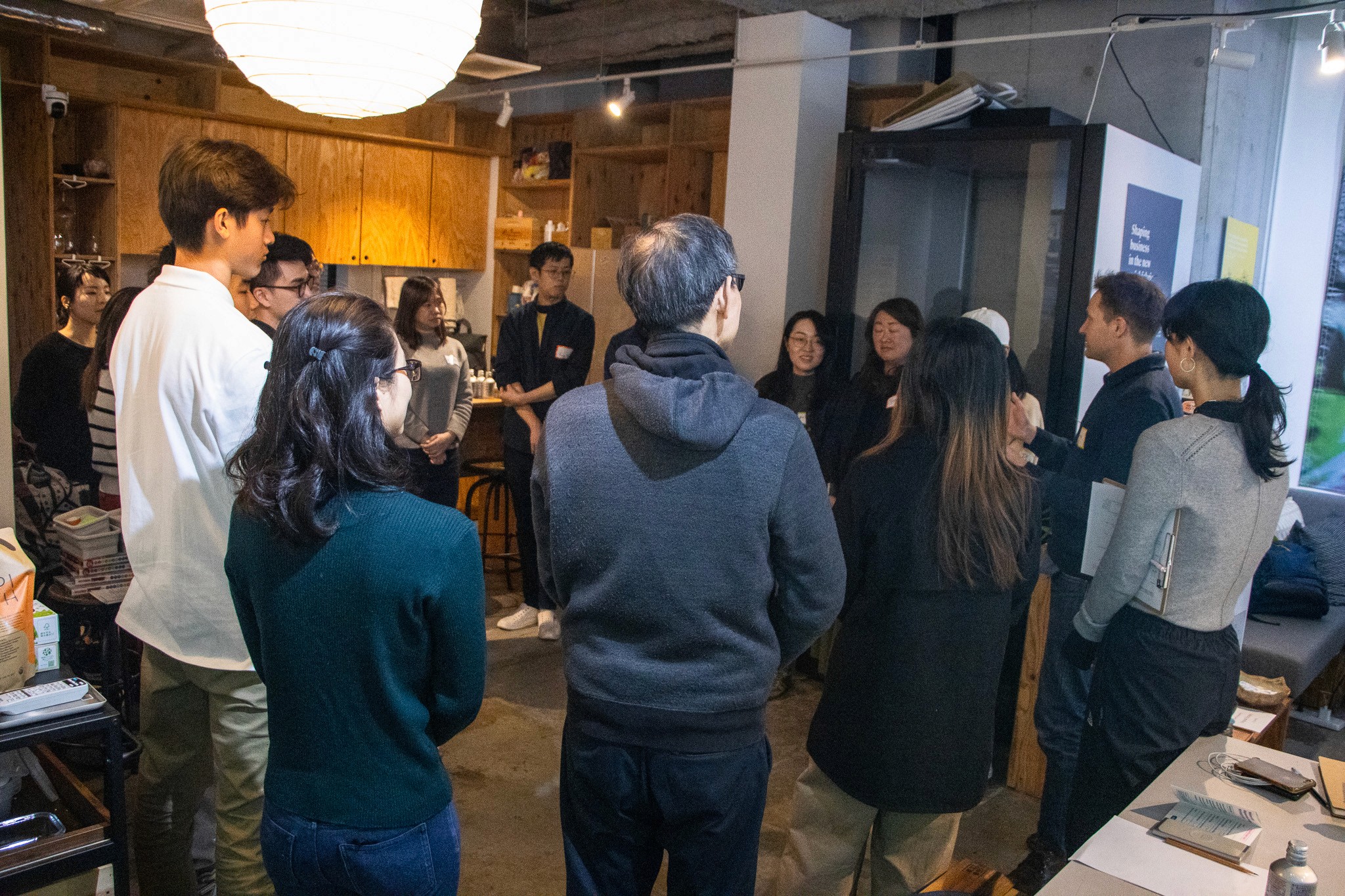
Contributors
Fabric
Rebekah Cheng
Strategic Design Lead
Hasumi Nemani
Sustainability Strategist
Kumiko Michishita
Senior Visual Designer
Eileen Kao
Community Program Manager
Believe in Next Generation Association
Believe in Next Generation
Association
Timothy Wang
Founder
Tracy Chang
President
Andy Chang
Secretary General
Jean Chien
Photographer (All photography by Jean Chien)
Photographer
(All photography by Jean Chien)
Related case studies



Fabric is collaborating with Andersen Consulting
Nakame Gallery Street J4
2-45-12 Kami-meguro
Meguro-ku Tokyo 153-0051
Japan
Fabric is collaborating with Andersen Consulting
Nakame Gallery Street J4
2-45-12 Kami-meguro
Meguro-ku Tokyo 153-0051
Japan
Copyright Ⓒ Fabric 2026
Fabric is collaborating with
Andersen Consulting
Nakame Gallery Street J4
2-45-12 Kami-meguro
Meguro-ku Tokyo 153-0051
Japan
